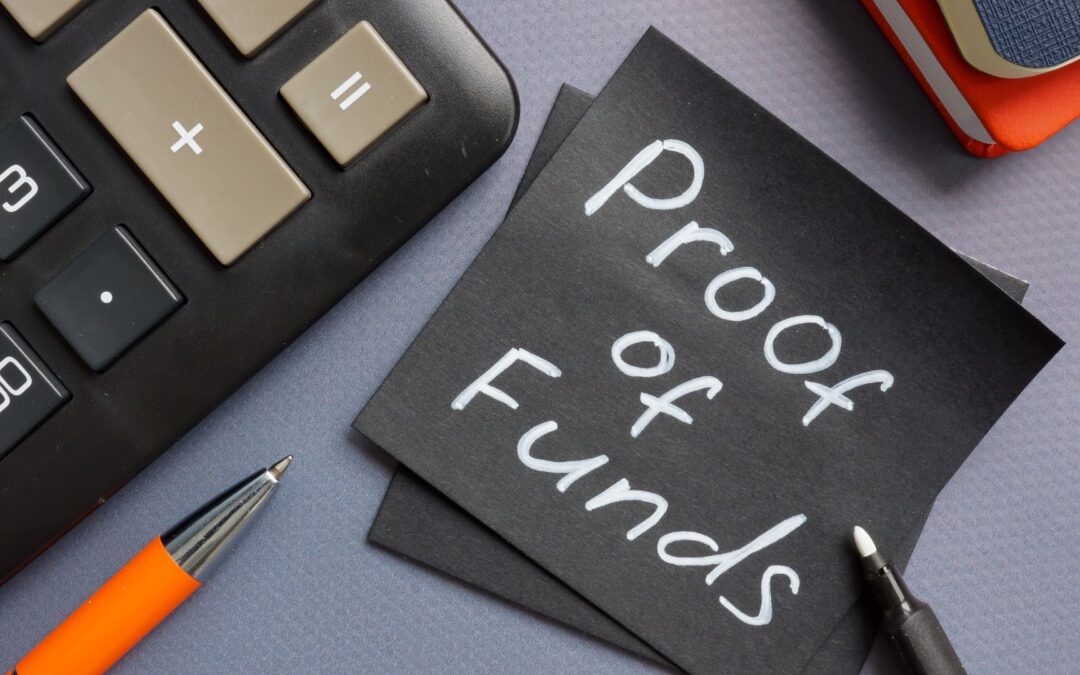In today’s Nigeria, many young professionals and students rely on fintech apps for banking. Digital wallets like Kuda, Opay, Moniepoint, or Palmpay are now everyday tools, often replacing traditional banks. But when it comes to visa applications, a big question arises: can you use fintech bank statements as proof of funds?
1. Why Nigerians Prefer Fintech Banks
Fintech banks have made life easier:
- No long queues or hidden charges.
- Instant transfers and savings options.
- Clean, app-based statements that look more modern than some traditional banks.
Because of this convenience, many applicants now have most of their money sitting in fintech accounts rather than GTB, Zenith, or Access.
2. What Embassies Really Look For
Embassies don’t care where you keep your money, so long as your statement proves:
- You genuinely own the funds.
- The money has been there for a consistent period.
- The account belongs to a regulated, verifiable institution.
The catch is that not all fintech banks are fully recognized the same way as traditional banks. Visa officers may sometimes doubt whether fintech statements are authentic or easy to verify.
3. The Risks of Relying Solely on Fintech Statements
- Recognition Issues: Some embassies may not be familiar with your fintech provider, unlike well-known commercial banks.
- Verification Delays: If officers can’t quickly confirm the authenticity of your bank, it may cause suspicion.
- Incomplete Records: Certain fintech banks only show summaries, not detailed monthly inflows and outflows, which embassies require.
- New Accounts: A newly opened fintech account with sudden deposits raises red flags about “borrowed” funds.
4. Smarter Way to Use Fintech Accounts for Visa Applications
- Maintain a traditional account as backup: Even if you save through fintech, transfer part of your funds into a recognized bank and build a consistent statement.
- Request official stamped statements: Some fintechs now provide embassy-ready statements with verification codes or official seals, always request this version.
- Keep your inflows steady: Sudden lump sums just before application weaken your story, no matter the bank.
- Pair with supporting documents: Salary slips, business registrations, or contracts can back up your fintech transactions.
5. What Works Best in Practice
The safest strategy is to combine fintech with traditional banking. Show your fintech statement if it reflects your real financial habits, but always balance it with a recognized bank’s record. This way, you don’t leave the officer confused or skeptical.
Conclusion
Visa officers want proof of financial stability, not a lecture on innovation. While fintech is the future of money, embassies still trust the old system more. Submitting only a fintech statement can work, but it is risky.
At Loyalty Travels and Logistics Ltd, we advise clients on how to present their proof of funds in a way that embassies will respect, whether it comes from GTB or Kuda. With the right structure, your statement will tell a story of credibility, stability, and readiness to travel.
Don’t take chances, get it right the first time. Contact us today!

